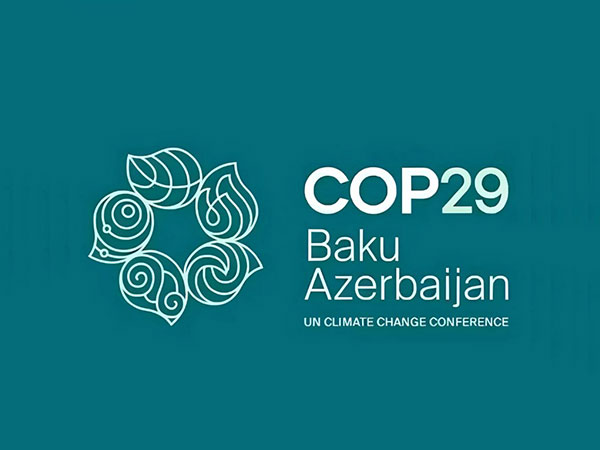Geopolitics, the study of how geographic factors influence global politics and power dynamics, has always been pivotal in understanding international relations. In today’s rapidly evolving world, where technological advancements and strategic military developments are at the forefront, analyzing geopolitics through the lens of defense technology and strategic regions provides profound insights.
DefTech Times, a platform dedicated to simplifying defense technology and geopolitical analysis, offers a unique perspective on these intricate dynamics.
Geography has historically dictated the political and economic strategies of nations. Natural barriers like mountains and oceans have served as protective shields, while fertile plains and river valleys have become cradles of civilizations. In the contemporary era, while technological advancements have diminished some geographical constraints, the intrinsic value of strategic locations remains undiminished.
Strategic Maritime Chokepoints
Maritime chokepoints such as the Strait of Hormuz, the Suez Canal, and the Strait of Malacca are vital arteries of global trade. The South China Sea, in particular, has emerged as a hotspot of geopolitical tension. China’s assertive territorial claims and the subsequent military exercises have raised alarms among neighboring countries and global powers. For instance, China’s recent live-fire military exercises in the Gulf of Tonkin have challenged Vietnam’s territorial claims, escalating regional tensions.
The Indo-Pacific: A Geopolitical Pivot
The Indo-Pacific region has become a central theater for geopolitical competition. Nations like the United States, Japan, India, and Australia are enhancing their strategic collaborations to counterbalance China’s growing influence. The formation of alliances such as the Quad exemplifies efforts to ensure a free and open Indo-Pacific. DefTech Times has extensively covered these developments, highlighting the strategic maneuvers and defense collaborations shaping the region.
The Arctic: The New Geopolitical Frontier
Climate change has rendered the Arctic more accessible, unveiling new maritime routes and resource opportunities. This has spurred interest from nations like Russia, the United States, and China, each seeking to expand their influence in the region. The strategic significance of the Arctic lies not only in its untapped resources but also in its potential to alter global shipping dynamics. DefTech Times emphasizes the importance of understanding these developments, as they have far-reaching implications for global trade and security.
Technological Advancements and Military Modernization
The rapid evolution of defense technologies has transformed the geopolitical landscape. Nations are investing heavily in modernizing their military capabilities, from developing advanced missile systems to enhancing cyber warfare tactics. For instance, China’s advancements in surveillance technology, such as the development of airships capable of tracking stealth jets from vast distances, have raised concerns among other global powers.
Cyber Warfare: The Invisible Battleground
In the digital age, cyber warfare has emerged as a critical component of national security strategies. State and non-state actors are increasingly engaging in cyber espionage, targeting critical infrastructure and attempting to influence political processes. DefTech Times underscores the importance of cybersecurity measures and international collaborations to counter these pervasive threats.
The Role of Defense Alliances
Defense alliances such as NATO play a pivotal role in maintaining global security. However, internal challenges and differing threat perceptions among member states can impact their effectiveness. DefTech Times analyzes these dynamics, providing insights into how such alliances adapt to emerging threats and geopolitical shifts.
Economic Sanctions as Geopolitical Tools
Economic sanctions have become preferred tools for nations to exert pressure without resorting to military force. The efficacy and ethical implications of sanctions are subjects of ongoing debate. DefTech Times explores how sanctions influence geopolitical strategies and the responses they elicit from targeted nations.
The Middle East: A Region in Flux
The Middle East continues to be a focal point of geopolitical interest, with its rich energy resources and complex political landscape. Recent developments, such as the normalization of relations between Israel and several Arab nations, have reshaped regional alliances. DefTech Times provides in-depth coverage of these shifts, analyzing their implications for regional stability and global energy markets.
Africa: Emerging Geopolitical Battleground
Africa’s vast resources and growing economies have attracted the attention of global powers. Nations like China and the United States are vying for influence through investments, military partnerships, and diplomatic engagements. DefTech Times highlights the strategic importance of Africa in the broader geopolitical context, shedding light on the continent’s evolving role on the world stage.
Geopolitics is an ever-evolving field influenced by a myriad of factors, including geography, technology, economics, and military capabilities. DefTech Times, through its dedicated coverage, offers readers a nuanced understanding of these dynamics, emphasizing the importance of defense technology and strategic regions in shaping global politics. Staying informed through such platforms is crucial for comprehending the complexities of our world and anticipating future geopolitical shifts.

